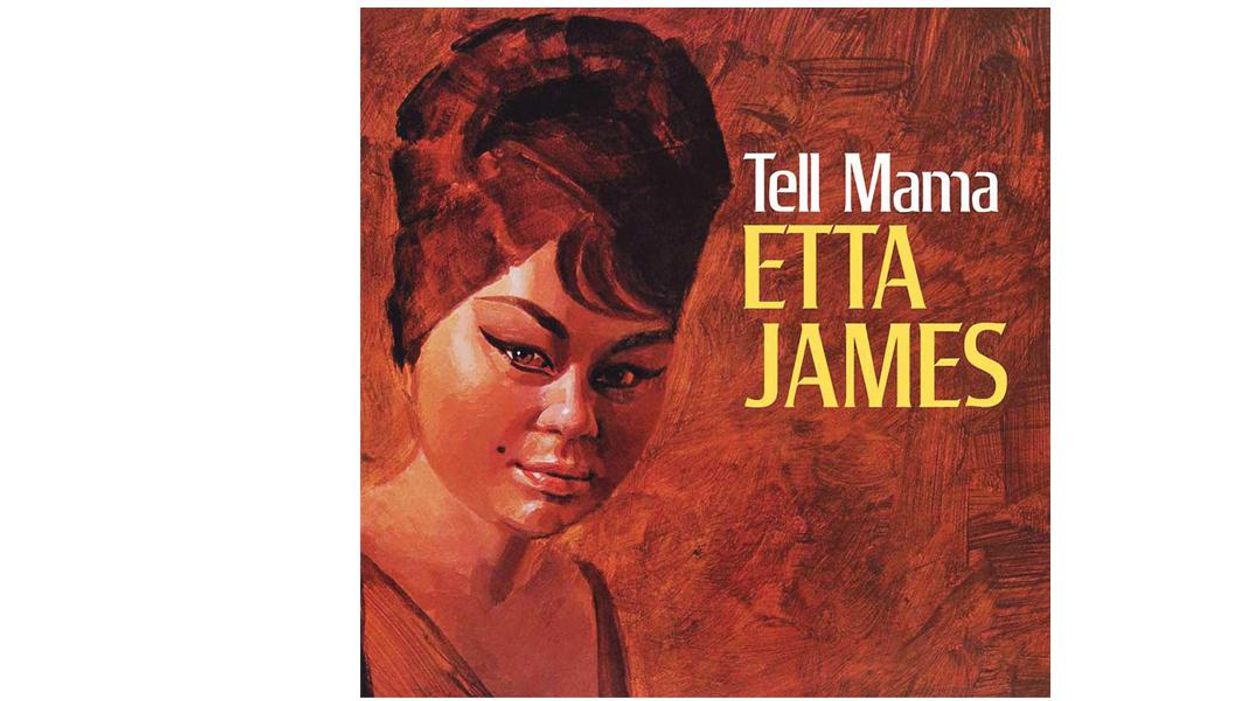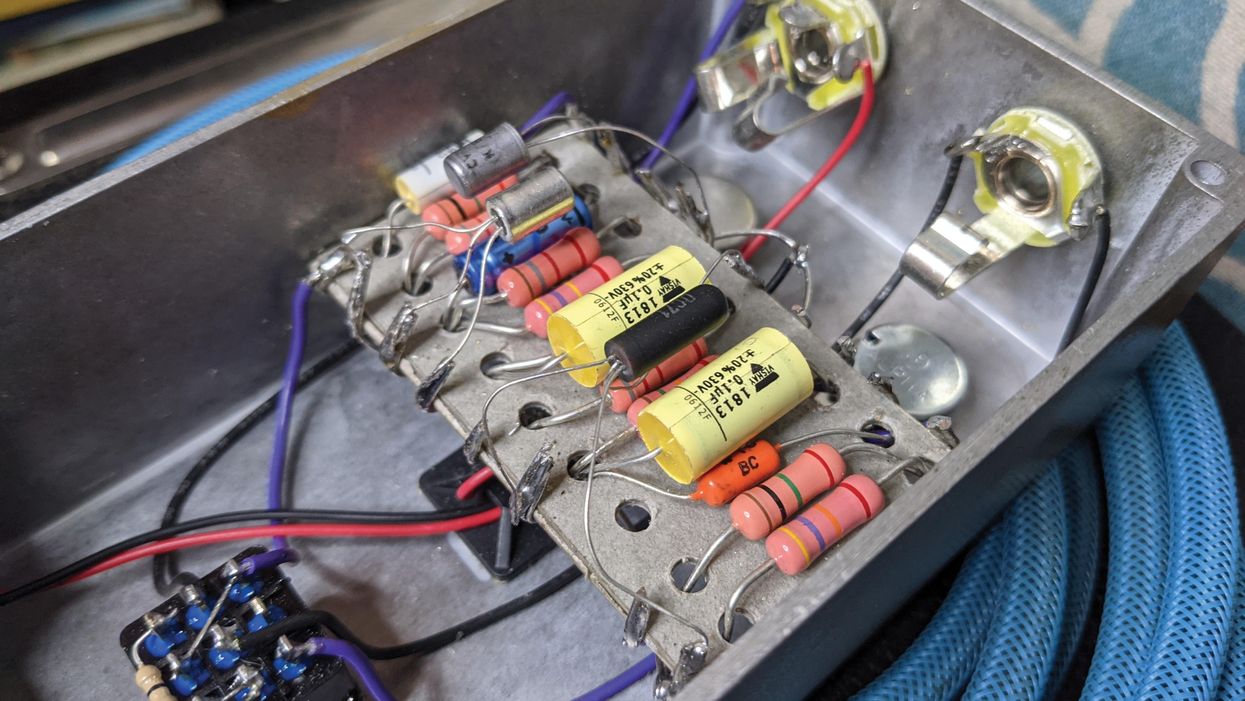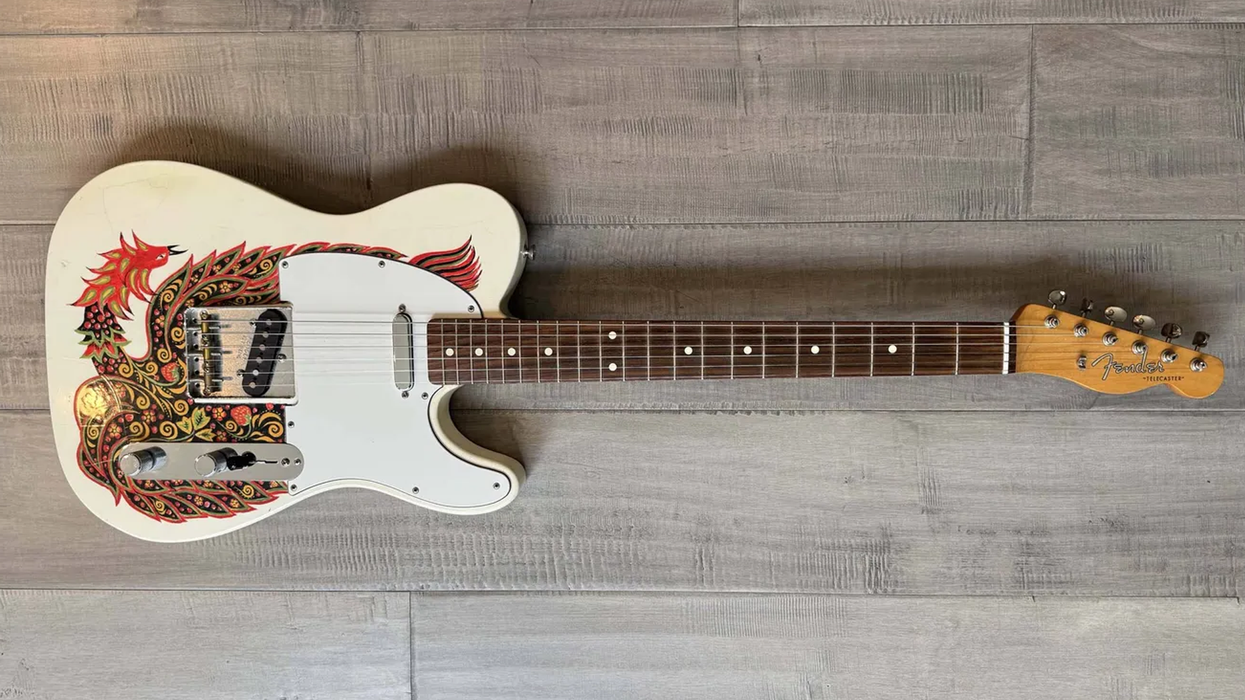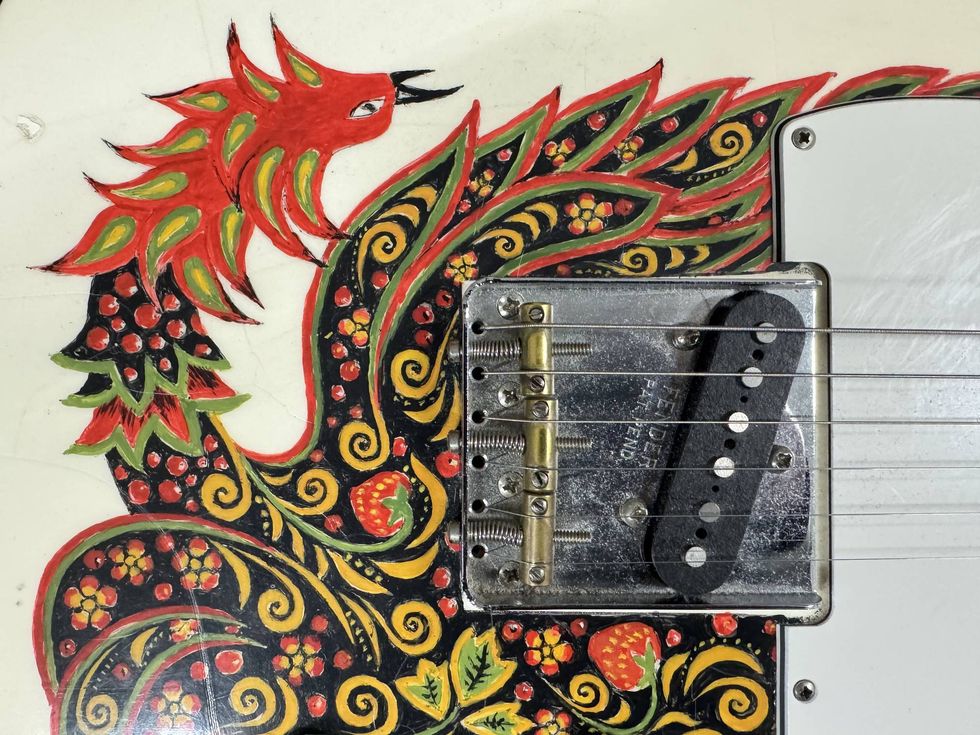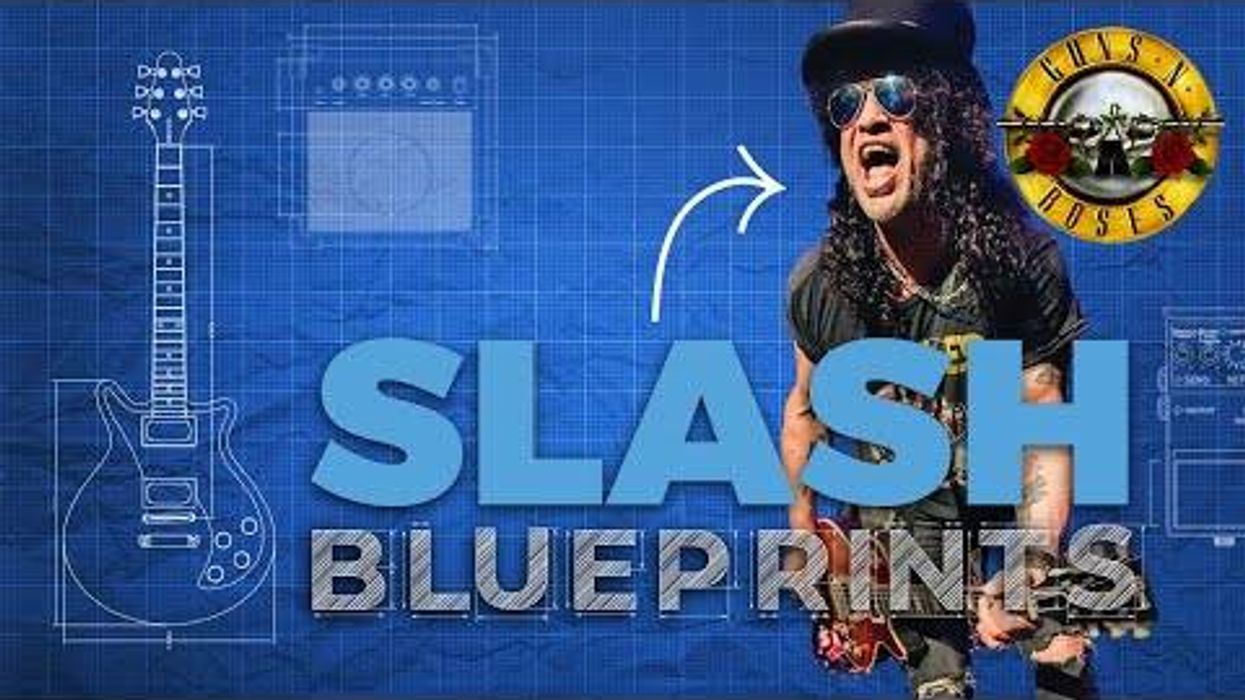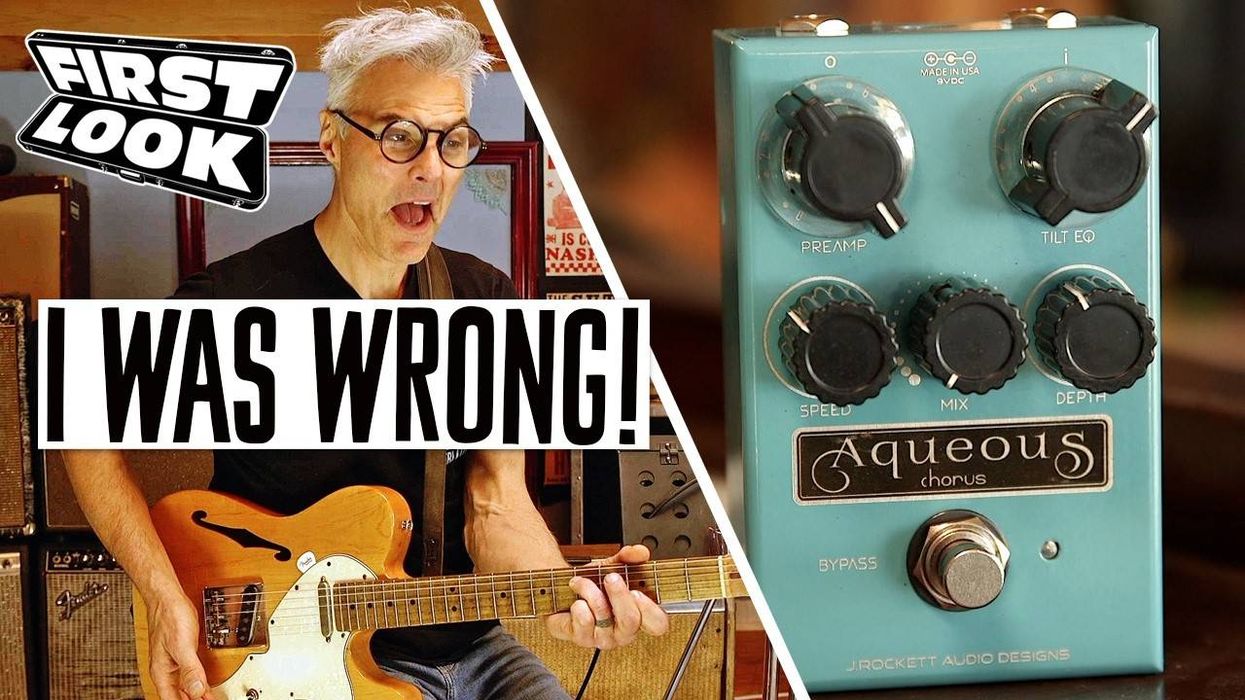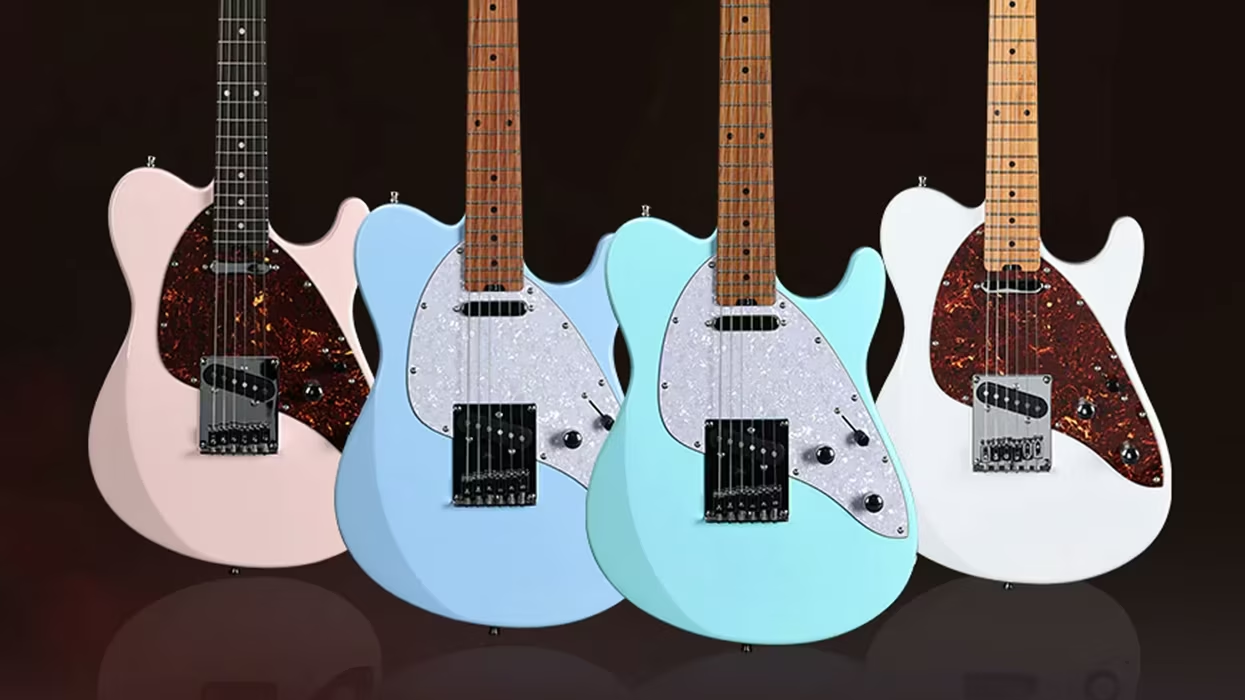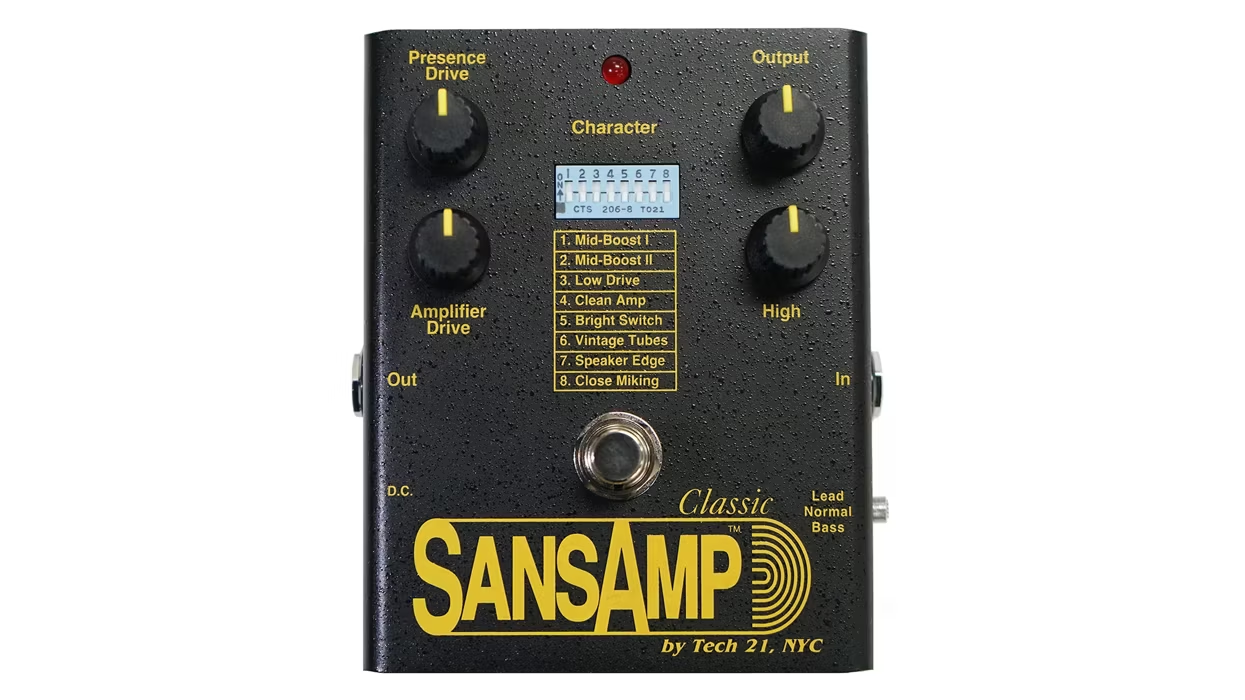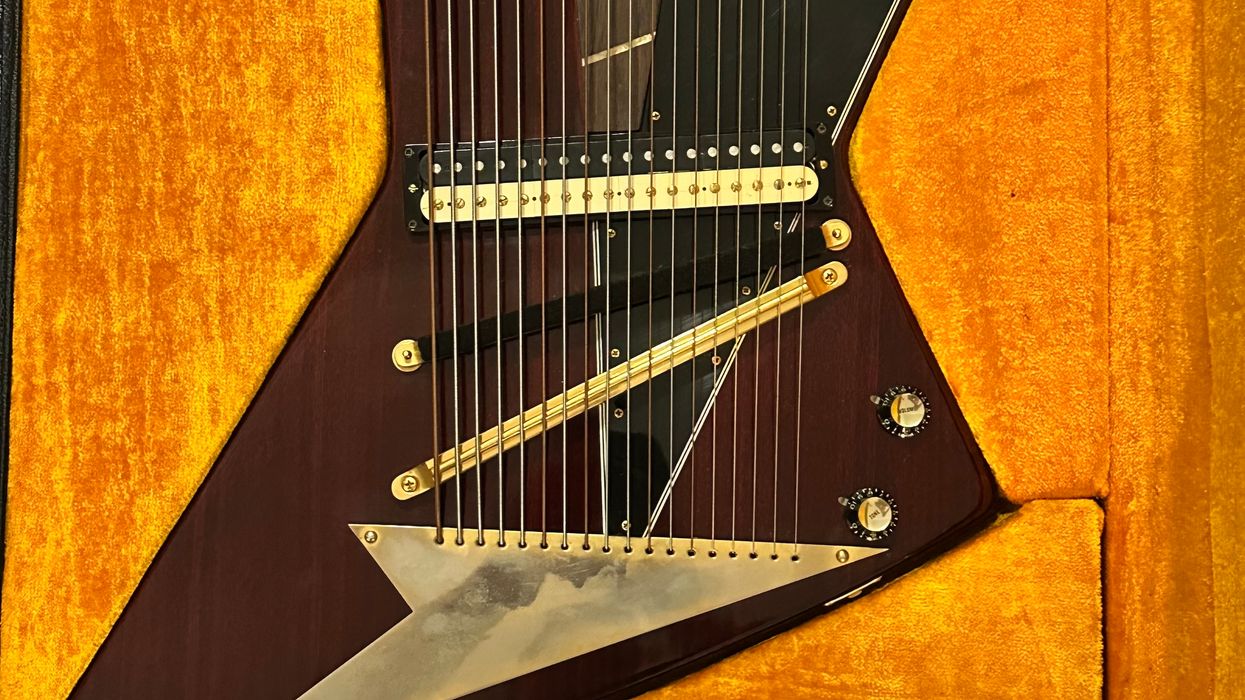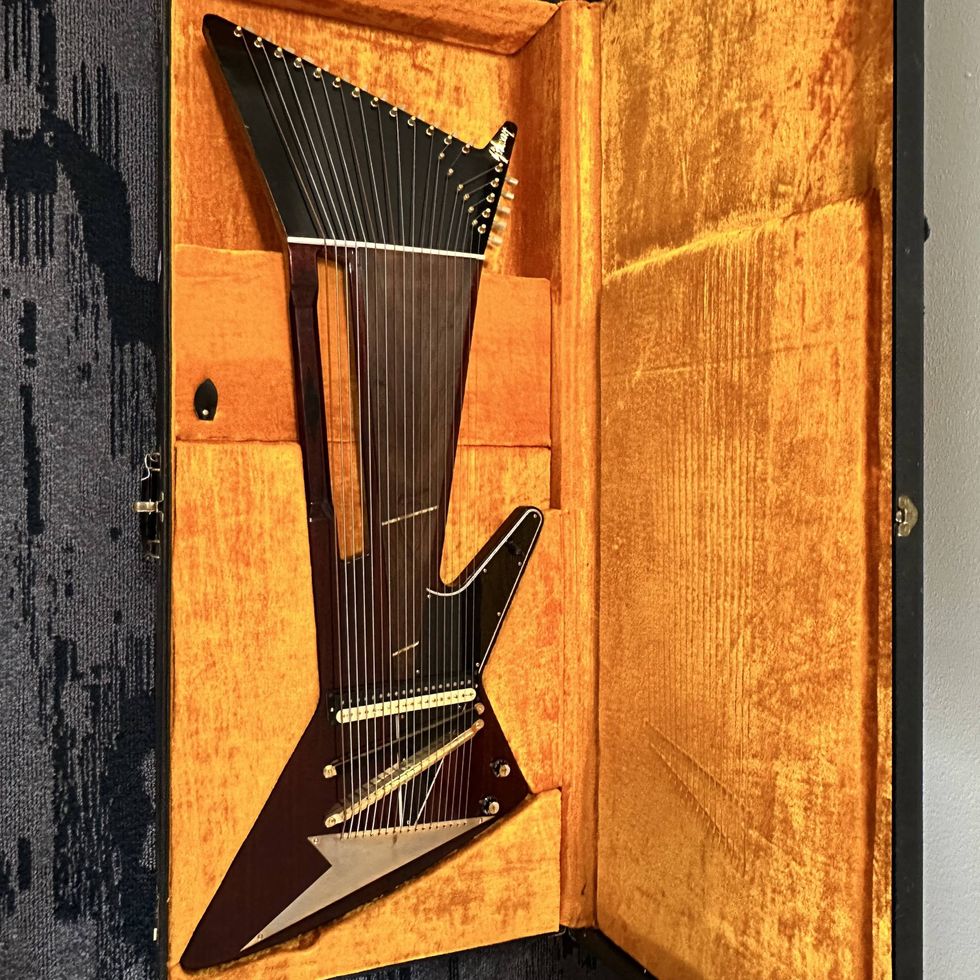The show must go on. There are no exceptions. The Titanic sinks, the band plays. Given the options for an adult male in that exact situation, pounding out a deep shuffle sounds like a better alternative to fighting for room on a lifeboat overcrowded with women, children, and cowardly men dressed as women.
The rule is a good thing—and not just for the audience, promoters, band members, and everybody on the payroll. The rule is good for musicians with serious problems. When life goes to shit, often the best medicine is to drag your barely breathing carcass onstage and play some music.
Last week I received some soul-crushing/life-changing news (no need to spill all the miserable details, just insert your favorite catastrophe). I felt like an extra-burly Mike Tyson was angrily jumping rope on my chest. I had trouble breathing, speaking, and processing information. My mind raced as I oscillated between shouting at the sky and muttering aloud like a street person off his meds. But within a few hours, I was playing a gig for the massive crowd shown in this photo.
I spent the next two days about as stable as Keith Richards riding a unicycle through a hurricane, but I played huge shows every night, albeit a tad self-medicated. These gigs did more to help me than any therapy. Yes, gentle reader, your less-than-stable scribe has done his time on the couch. Therapy encourages one to look inward in hopes of revealing a truth that leads to a better understanding and ultimately, contentment. But how often does being self-absorbed lead to a better place, or even understanding? Rarely.
Maybe it's because we lie to ourselves or are blinded by biases, or we don't want to know the truth. Or maybe it's because humans are still running on caveman wiring. When you're stressed, the brain signals the adrenal glands to release adrenaline and other chemicals that race your heart, shut down your bowels, impair memory and learning, and lead to depression. This turns you into a hyperventilating, constipated, mentally impaired, sad ball o' rage.
music speaks.
When you get like this, it's nearly impossible to think your way to a solution. Instead, stupid, unanswerable questions (“How did this happen?" “Why me?") flood your mind. It might feel like you're looking for answers, but obsessing this way merely deprives you of sleep, makes you feel bad, and keeps you from moving on.
Musicians have a better option: Leave your problems at the stage door. When I used to hear that old theater chestnut, I thought it was just a way to ensure that a prima donna actor doesn't screw up the entire show simply because an intern was late with a skinny soy-cappuccino. That's part of it, but there's more.
Leaving your troubles for a few hours is a healing gift. Playing music can make your body release neurotransmitters that help naturally reset your mood to something more positive and optimistic. A brief respite from your worries allows your body to recover from psychological and physical stress—there's no better therapy in the world. As an added bonus, pain and sadness can be the catalyst for a great performance. As SRV said, “Pray through your guitar." When words fail, music speaks.
Civilians deep in the dumps have two prescribed treatments for depression, anxiety, or emotional trauma:
(1) Take pills to numb it.
(2) Talk to a stranger about your problems in exchange for $50 to $500 per 50-minute hour, depending on where you land on the healthcare sliding scale.
We musicians have another prescription—drop your problems until after the gig. Your problems won't go away, but they will probably seem more manageable. Your body will feel better and you may even be able to sleep again.
Sometimes music is the only thing that can drown out those destructive loops that repeat in our heads. During my current emotional crisis, these gigs gave me a Zen-like “it could-be-worse" perspective. I'm incredibly grateful for that. When you're hurting, “the show must go on" translates to “life goes on."






